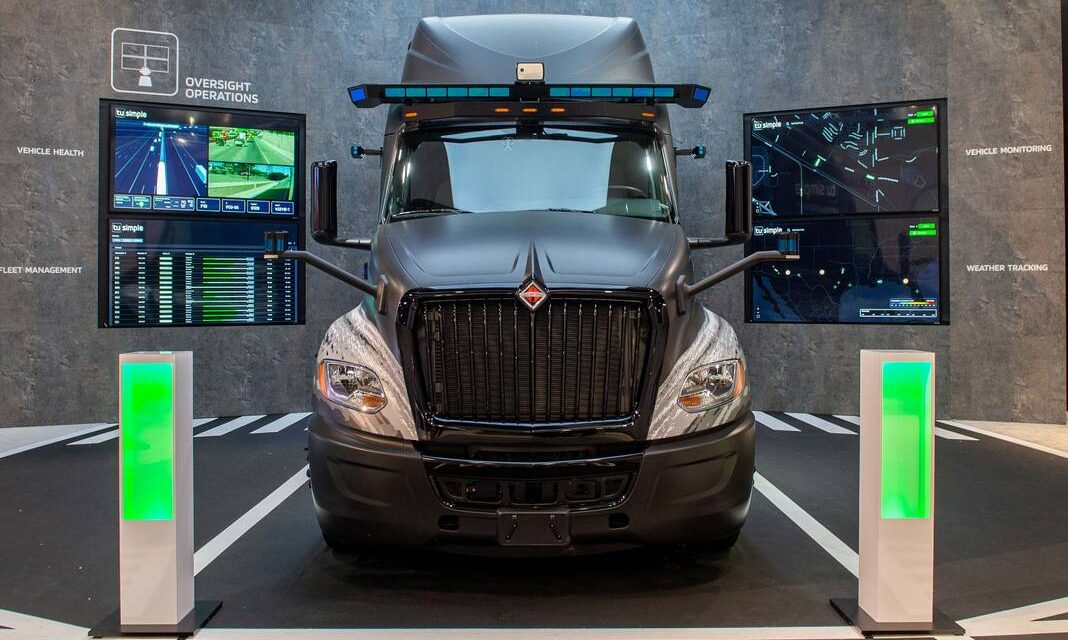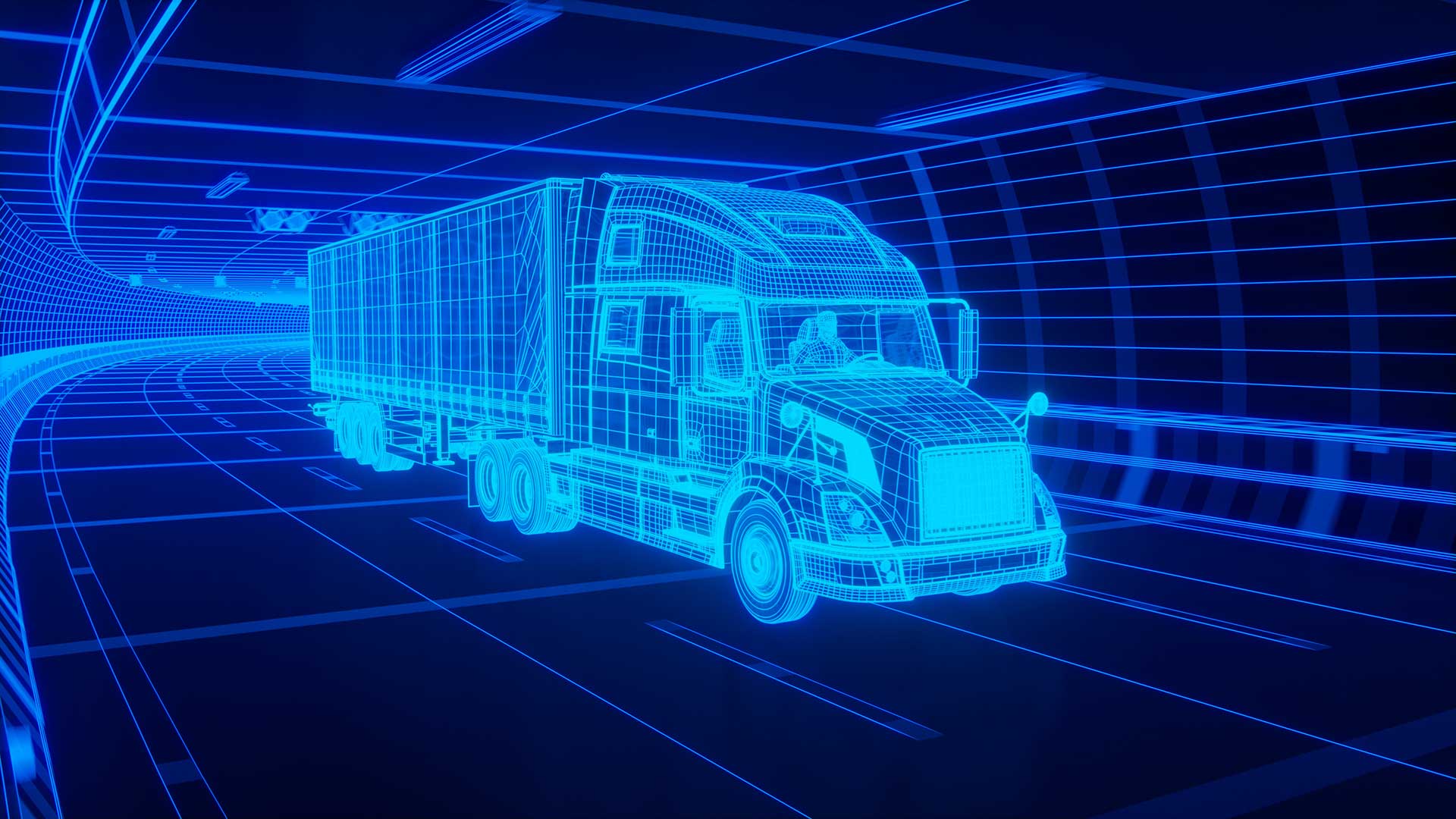House of Dispatch news
Blog
Will Autonomous Trucks Create a Boom in Trucking Jobs?

The winds of change are blowing through the trucking industry. The talk of the town is autonomous trucks, vehicles that can drive themselves without human intervention. It’s a fascinating development, but it also raises a critical question: What will happen to the trucking jobs we’ve come to rely on for so long?
Understanding Autonomous Trucks
Before we jump into the job market discussion, let’s understand what autonomous trucks are. Picture this: a massive truck cruising down the highway, but there’s no driver behind the wheel. That’s an autonomous truck in action. These vehicles rely on advanced technology like sensors, cameras, and artificial intelligence to navigate the roads safely.
The Current State of Trucking Jobs
To grasp the potential impact of autonomous trucks on jobs, we need to know the lay of the land today. Trucking jobs are the backbone of many economies, providing employment for millions of people. From long-haul truckers to delivery drivers, the industry is diverse and essential.

Benefits of Autonomous Trucks
Now, let’s talk about the upside of autonomous trucks. There are several benefits to consider:
- Safety First: Self-driving trucks can reduce accidents caused by human error. They don’t get tired, distracted, or impatient.
- Efficiency Boost: Autonomous trucks can drive longer without breaks, improving delivery times and efficiency.
- Cost Savings: With no need for rest breaks or salaries, autonomous trucks could potentially reduce shipping costs.
Challenges on the Horizon
Of course, no technology is without its challenges. Here are some of the hurdles autonomous trucks must overcome:
- Regulatory Roadblocks: Regulations surrounding autonomous vehicles are still a work in progress.
- Technology Reliability: Autonomous systems must be incredibly reliable to ensure safety.
- Job Displacement: The big question – will these trucks replace human drivers?
The Human Element
Amidst all the discussions about technology, we can’t forget the human aspect. Many drivers rely on their trucking jobs to make a living and support their families. What happens to these hardworking individuals when autonomous trucks hit the road in full force?
The Road Ahead: What to Expect
The transition to autonomous trucks won’t happen overnight. It will be a gradual process. Some experts believe that it will take years, if not decades, to see a significant shift. During this time, the industry will adapt, and so will the workforce.
Autonomous Trucks in Other Industries
It’s not just the trucking industry feeling the impact of self-driving vehicles. Other sectors like delivery services, agriculture, and mining are exploring the potential of autonomous trucks to revolutionize their operations.
In conclusion, the rise of autonomous trucks is inevitable, and they bring both promise and challenges. While these vehicles offer safety and efficiency benefits, they also raise concerns about job displacement. The key to a successful transition lies in finding a balance that harnesses the benefits of technology while preserving the livelihoods of those in the trucking industry. Dispatch services like House of Dispatch play a critical role in ensuring the smooth and efficient operation of autonomous trucks. They will continue to be indispensable in coordinating logistics, managing routes, and handling unforeseen situations that may arise during transportation. By adapting to the changing landscape and integrating with autonomous technology, dispatch services can remain an essential part of the industry while supporting the safe and efficient deployment of autonomous trucks.
